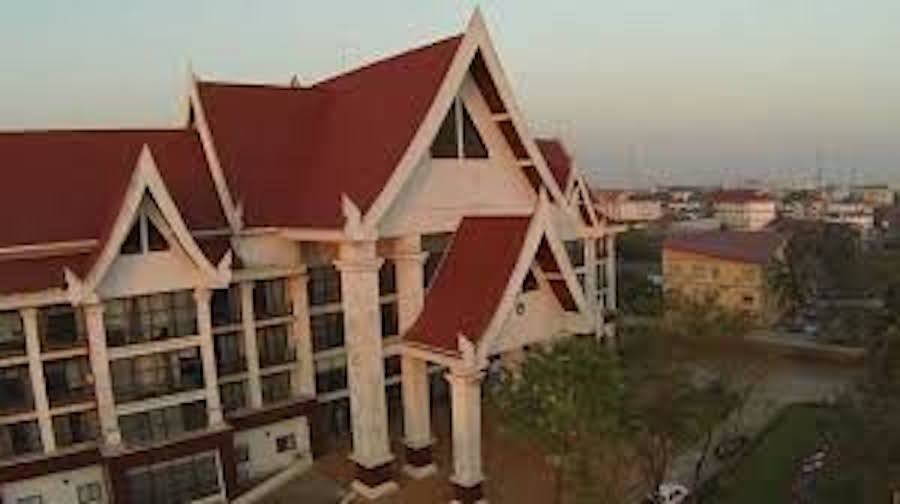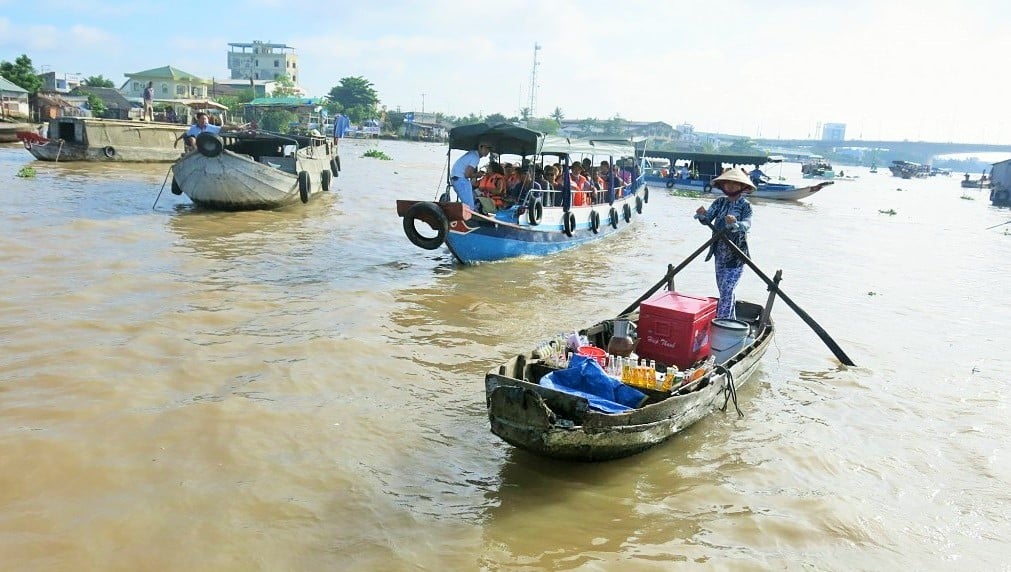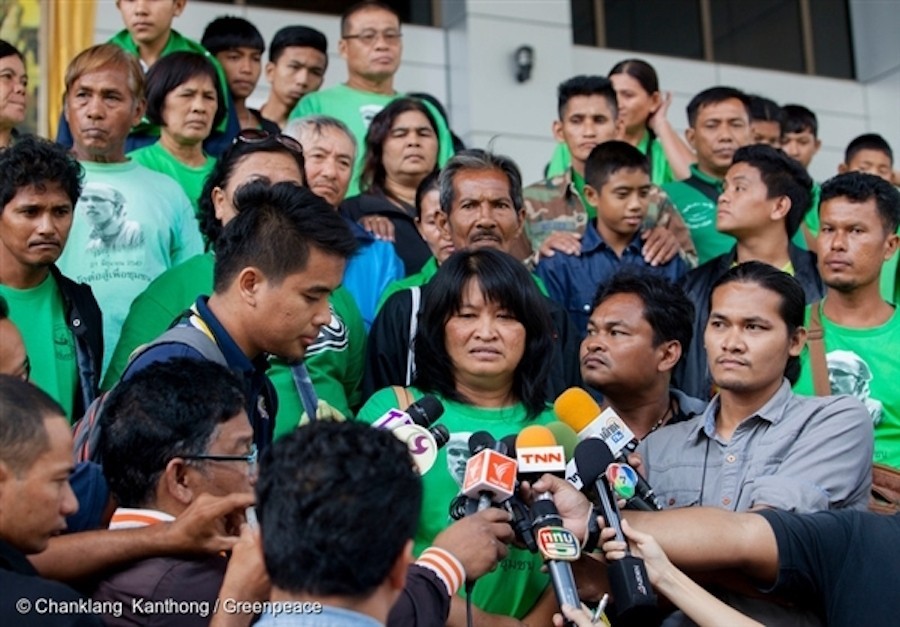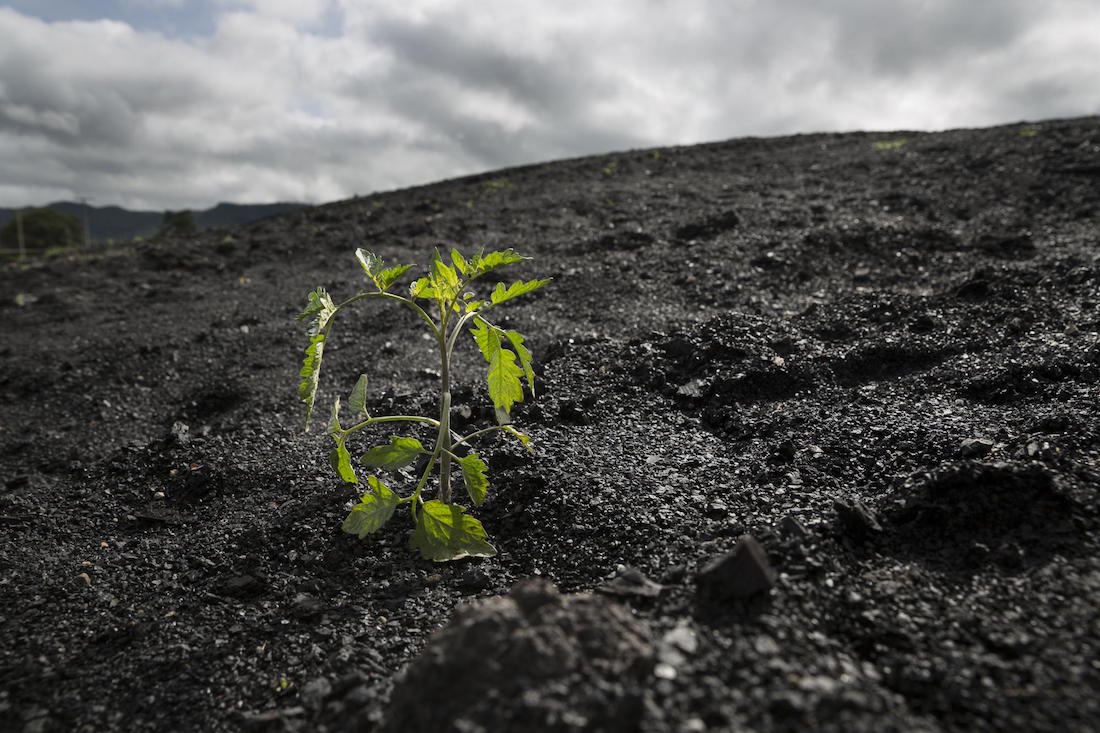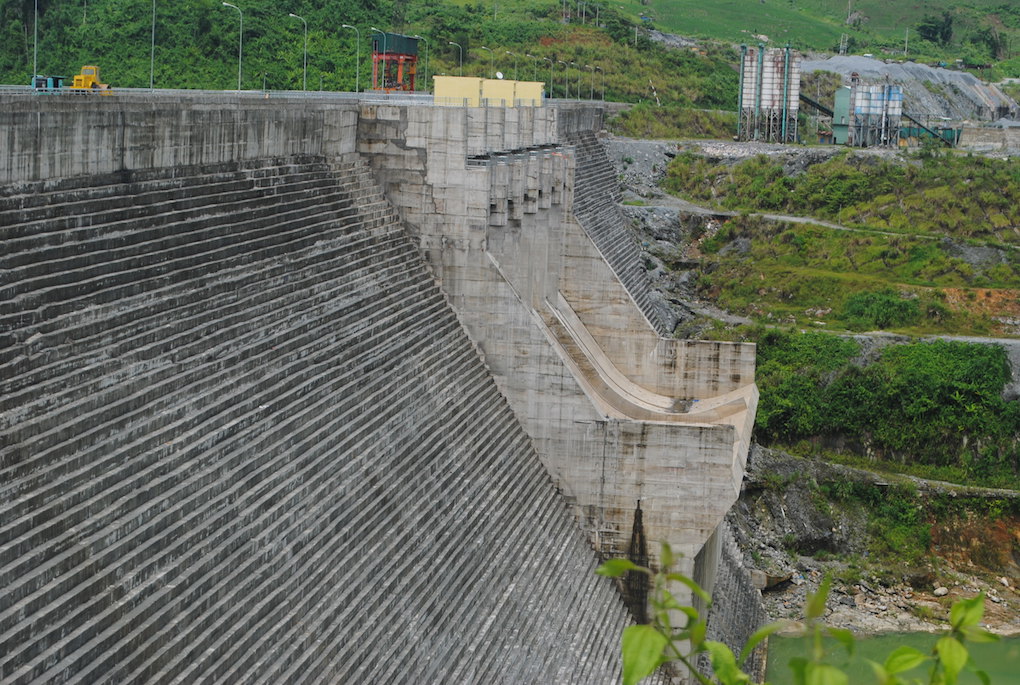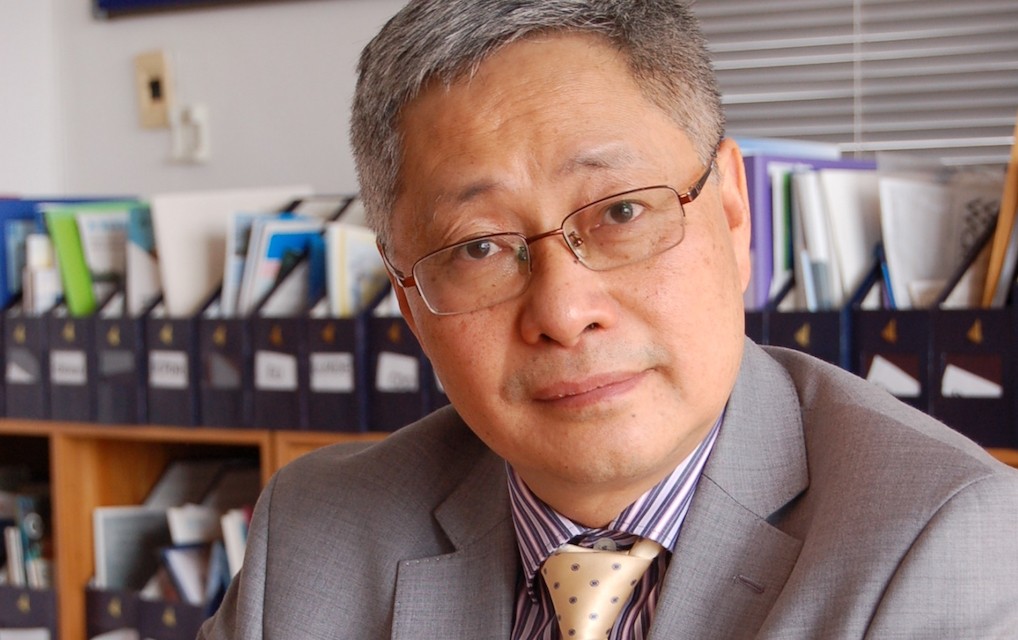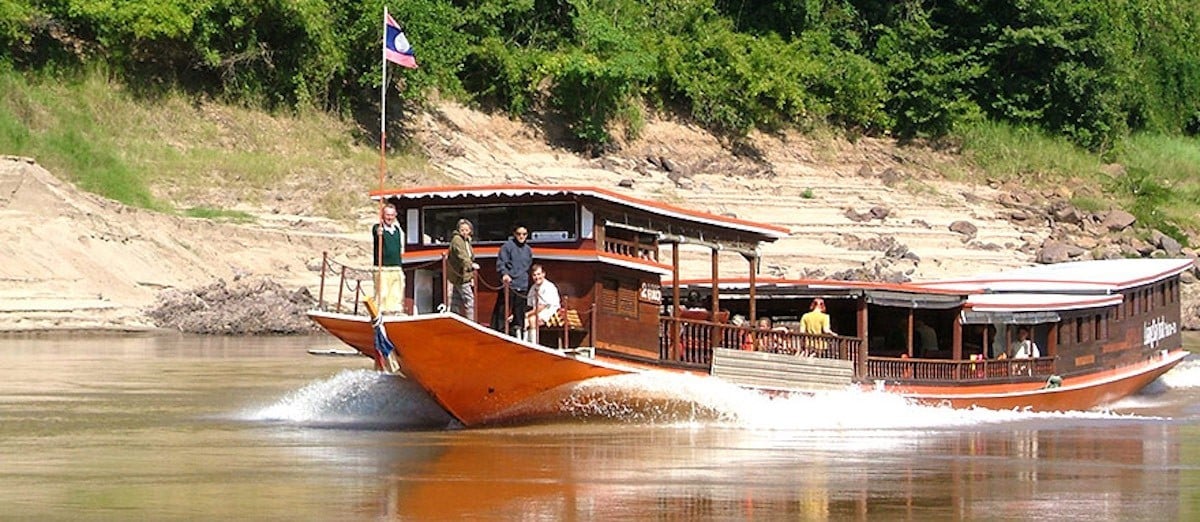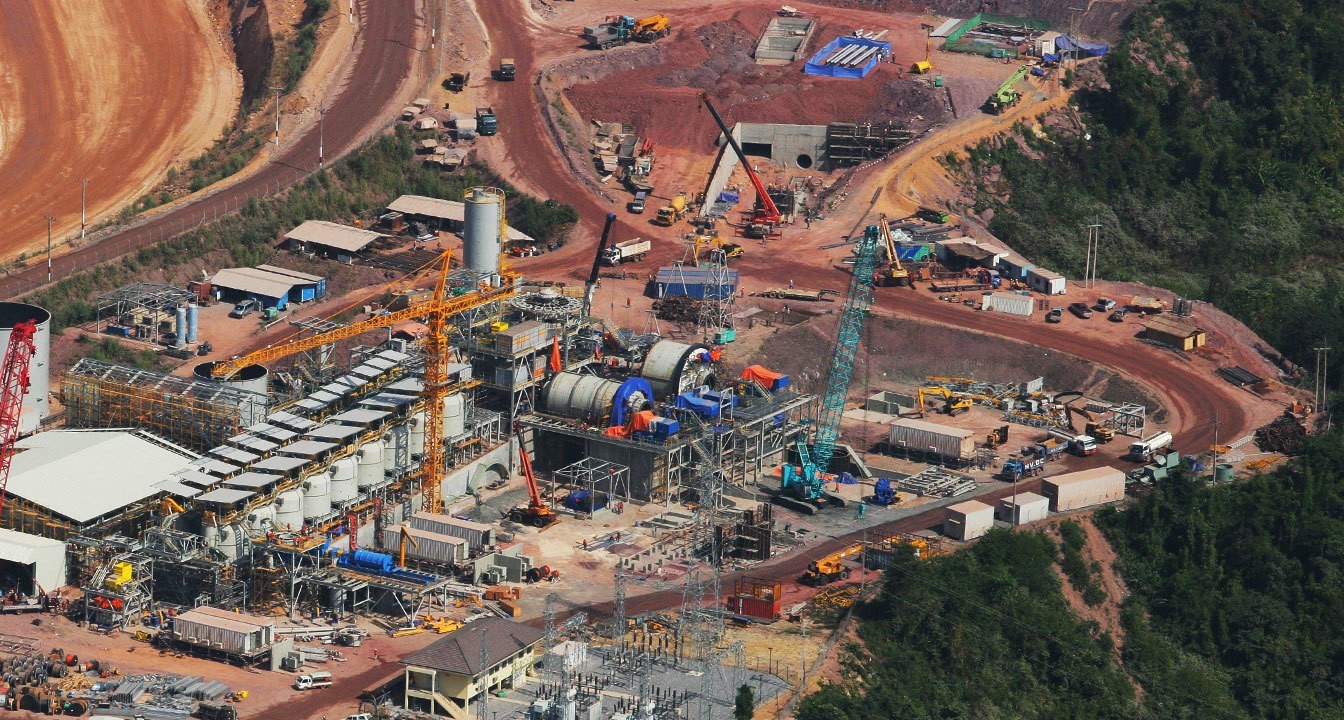As bitter protests continue over ongoing Mekong River dam projects, Sweden has pledged $5.3 million to a controversial multinational body monitoring development in the basin.
The funding—to be disbursed over the next four years—will promote sustainable hydropower in the Mekong River basin, the Mekong River Commission (MRC) said in a press release.


